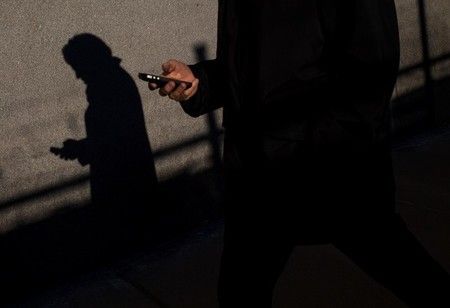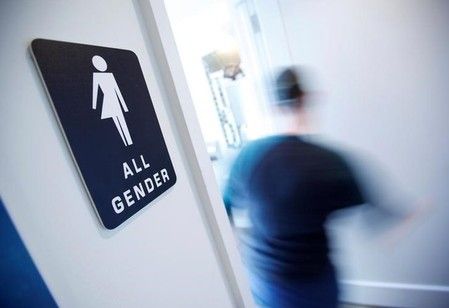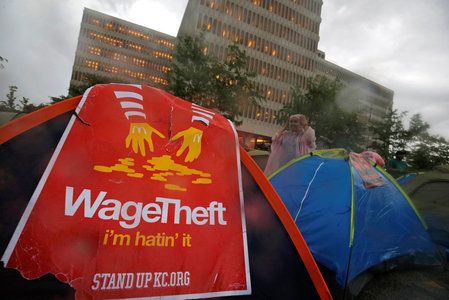Advertisement
House rejects bill requiring carriers to share phone location

By Dustin Volz
WASHINGTON (Reuters) – The U.S. House of Representatives voted down on Monday a measure that would have compelled cell phone carriers to disclose a phone’s location with law enforcement in the event of an emergency, amid a last-minute lobbying effort from privacy advocates opposed to it.
Lawmakers voted 229-158 to pass the Kelsey Smith Act, falling short of the two-thirds threshold necessary due to rules invoked to expedite the bill’s vote.
The rejection was considered surprising, as House leadership rarely schedules a vote on legislation it is not confident will pass.
However, Civil liberties groups aggressively opposed the bill on Monday, arguing that while well intended, it would create a warrant loophole and could lead to expanded government surveillance.
R Street, a libertarian-leaning think tank, said phone companies already possess the authority to share cell phone location data in emergency situations and did so frequently, making the legislation largely unnecessary.
The bill is named after a deceased 18-year-old Kansas woman who disappeared following a visit to a local Target store in 2007. Smith was found murdered four days later only after Verizon, her cell phone provider, shared the location of her phone with authorities, according to Representative Kevin Yoder, a Kansas Republican and author of the bill.
“While I’m disappointed in tonight’s outcome, I look forward to the bill being brought back to the House floor when a simple majority vote can get it passed.” Yoder said in a statement.
Smith’s parents were in attendance in the House chamber during the vote, according to Yoder’s office.
More than 20 states have already adopted versions of the law since Smith’s death.
(Reporting by Dustin Volz; Editing by Leslie Adler)











